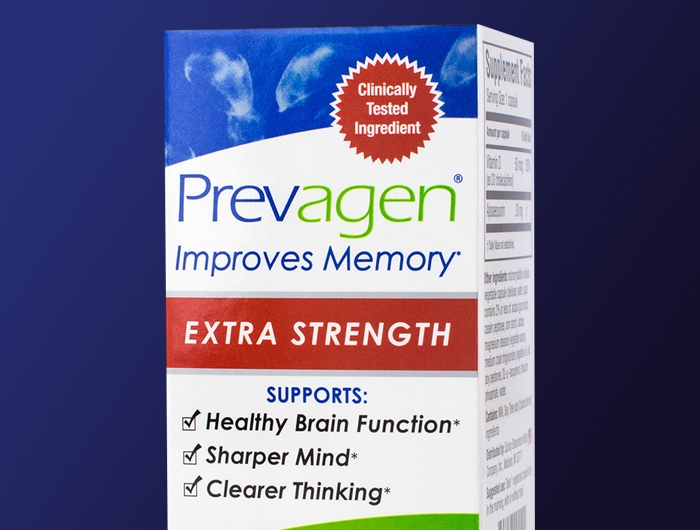Prevagen

A federal appellate court allowed the FTC and the State of New York to take enforcement action against the supplement brand Prevagen for misleading memory claims.
Background
In March 2018, CSPI and other public health groups submitted an amicus brief supporting the FTC and the State of New York in their enforcement action against the dietary supplement Prevagen for making misleading memory enhancement claims.
In an extensive nationwide advertising campaign, the makers of Prevagen claim that the supplement is “clinically shown to improve memory.” But, the FTC and New York allege that the company’s own study found that Prevagen was no more effective than a placebo at improving memory.
According to the FTC and New York, Prevagen’s claim was based only on the researchers going back and slicing and dicing data from the study (known as a post hoc analysis) and finding, in an otherwise negative study, a few positive results among a subgroup of the study’s population. The FTC and New York contend that it is false and/or misleading for Prevagen to utilize this unreliable methodology as the basis for its memory improvement claims.
The District Court Decision
The district court dismissed the lawsuit. The court held that the FTC and New York had failed to plausibly allege the memory claims were misleading because they had not shown that the claims were wrong, just that the post hoc analysis increased the risk that they might be wrong. That decision, if left to stand, could severely limit the FTC’s and state’s ability to police deceptive claims about products in the marketplace. The FTC appealed the decision to the Second Circuit.
Our Appellate Amicus Brief
We submitted an amicus brief to the Second Circuit to offer a consumer and public-health perspective on the regulatory and advertising issues presented in the case. The amicus brief explained consumers’ vulnerability to claims made for products, such as dietary supplements, that they cannot independently verify, and addressed the significant problem of relying on results from a post hoc subgroup analysis of a clinical trial. (The amicus brief was subsequently stricken by the court to avoid the need for recusal of a member of the Second Circuit Panel hearing the case due to a conflict between the amici and that Panel member.)
The Second Circuit Decision
In February 2019, the Second Circuit ruled in favor of the FTC and remanded the case back to the district court for continuation of the litigation. The appellate court held that the “FTC has stated a plausible claim that [the defendants’] representations about Prevagen are contradicted by the results of [their] clinical trial and are thus materially deceptive.”

